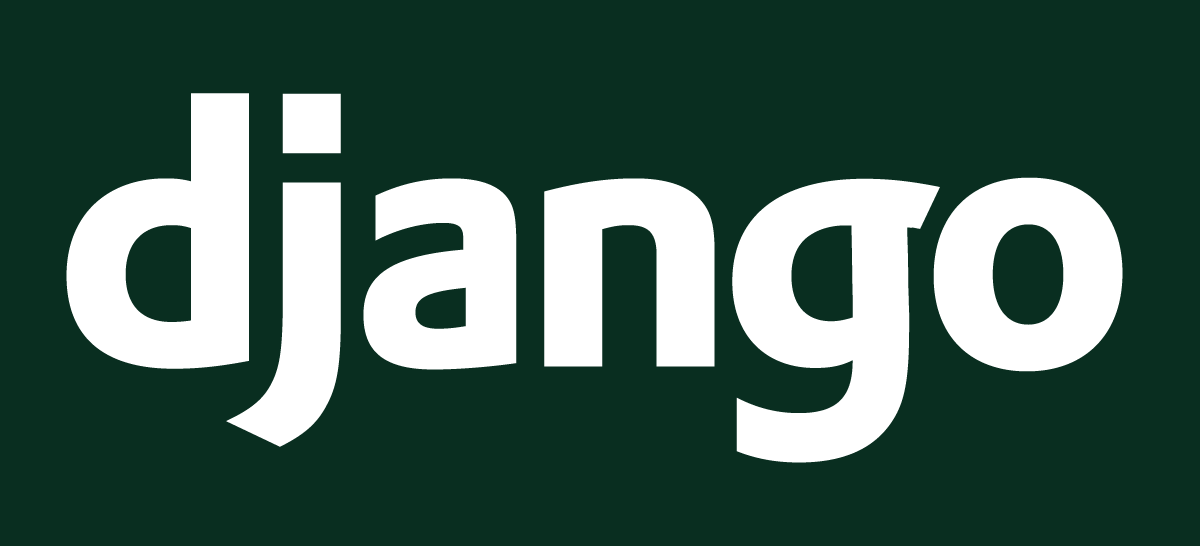
Django is a powerful and versatile Python-based web framework that enables developers to build secure and scalable web applications quickly. It follows the model-view-controller (MVC) architectural pattern and is designed to simplify the development process by providing a high-level and pragmatic approach.
Django offers a wide range of features that make it a popular choice among developers. Some of the notable features include:
Django incorporates a robust Object-Relational Mapping (ORM) layer, which allows developers to interact with the database using Python objects instead of writing raw SQL queries. This feature simplifies the data manipulation process and enhances code readability.
Django provides a built-in administration interface that automatically generates a user-friendly and customizable admin dashboard. This feature allows developers to manage data models, perform CRUD operations, and handle user authentication easily, without writing additional code.
Django's URL routing system is highly flexible and easy to manage. It enables developers to define logical URL patterns, map them to corresponding views, and organize the codebase in a modular way. This feature simplifies the process of handling different URLs and improves the maintainability of the application.
Django's template engine provides a powerful and secure way to separate the presentation layer from the business logic. It allows developers to define reusable templates and dynamically render content based on user requests. The template engine also supports template inheritance, template tags, filters, and other advanced features.
Django offers a comprehensive authentication and authorization system out-of-the-box. It provides secure user authentication, password hashing, cookie handling, and support for various authentication methods (e.g., username/password, social authentication). Developers can easily control user permissions and implement role-based access control.
Django simplifies form handling by providing a high-level form API. Developers can define forms with validation rules, rendering, and error handling in a declarative manner. The form API also offers robust security features, such as protection against cross-site scripting (XSS) attacks and cross-site request forgery (CSRF) protection.
Django supports internationalization (i18n) and localization (l10n) to build applications for a global audience. It allows developers to write applications in multiple languages, handle date/time formats, numbers, and translations easily. Django's i18n and l10n features play a crucial role in creating applications that are accessible to users worldwide.
Django provides a comprehensive testing framework that enables developers to write unit tests and automate the testing process. The testing framework encourages developers to write clean and maintainable code by adopting a test-driven development (TDD) approach. It supports various types of tests, including unit tests, integration tests, and functional tests.
Django is equipped with built-in tools and optimizations to handle high-traffic and scalable applications. It supports efficient query optimization, caching, database connection pooling, and load balancing techniques. Django can also integrate with various caching systems, message queues, and other performance-enhancing components.
Django boasts a large and active community of developers, which results in extensive documentation, tutorials, and community-driven packages. The community support ensures that developers can always find help and get answers to their questions. Django's documentation provides clear and detailed explanations, making it easy for newcomers to learn and dive into the framework.
Django offers a comprehensive and robust web development framework for building secure and scalable web applications. With its extensive feature set, developer-friendly design, and active community support, Django remains a popular choice among developers worldwide. Whether you are developing a small application or a complex web platform, Django's features and flexibility can greatly expedite the development process.
noob to master © copyleft